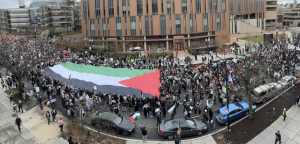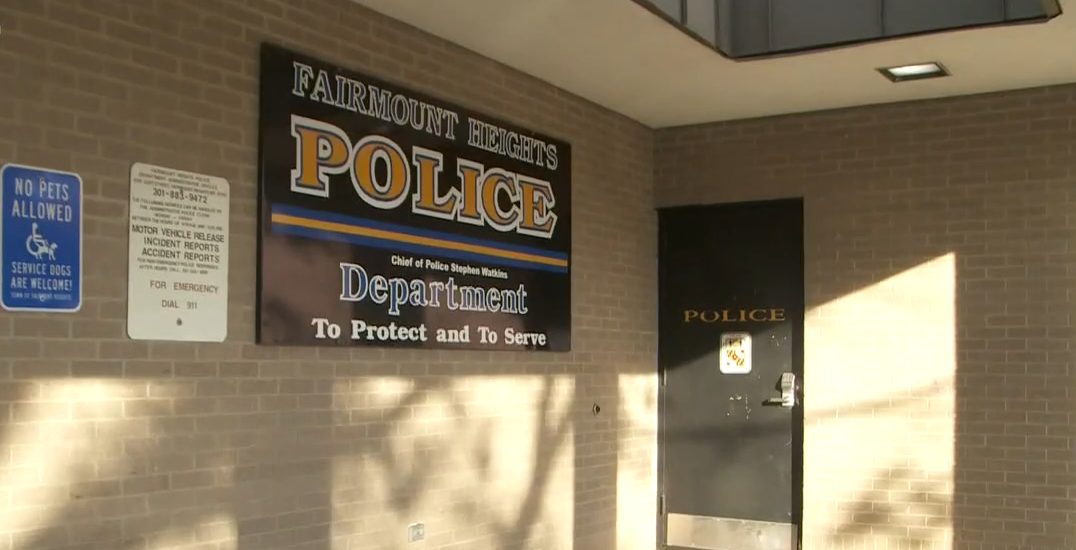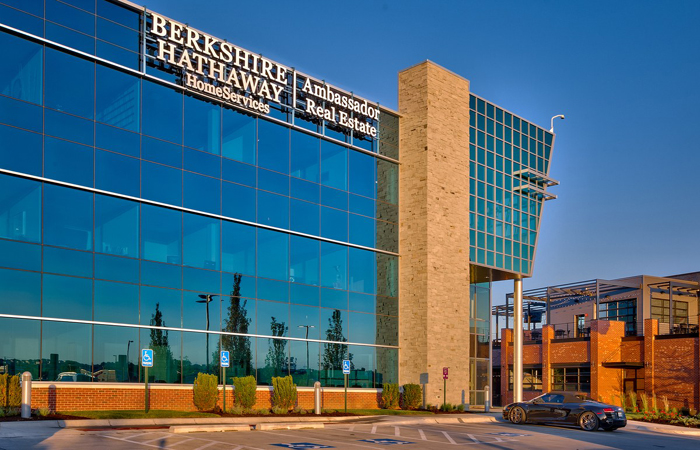By United Nations
Photos: YouTube Screenshots
Days from the beginning of the holy month of Ramadan and with no ceasefire agreement in sight for Gaza, UN humanitarians reiterated deep concerns on Thursday that a growing number of children are dying of starvation.

“The situation is appalling. Every minute, every hour, it is getting worse,” the UN agency for Palestinians, UNWRA, said in a tweet on X, formerly Twitter.
A maximum of 150 lorries have been reaching Gaza every day. In the north, one in six children under the age of two is acutely malnourished and media reports have indicated that at least 20 youngsters have died from starvation in recent days, including a 14-day-old baby.
Later on Thursday, the UN Security Council was due to hold consultations on the situation behind closed doors at which Senior Humanitarian and Reconstruction Coordinator for Gaza, Sigrid Kaag, was expected to brief.
Well over 30,000 people have now been killed amid intense daily Israeli bombardment across Gaza, in response to Hamas-led terror attacks in Israel on 7 October that left some 1,200 dead and more than 250 taken hostage.
Negotiations initially in Qatar and this week in Cairo for a ceasefire linked to the release of the remaining approximately 100 hostages and far greater aid access throughout Gaza have so far not resulted in an end to the violence nor alleviated the humanitarian catastrophe.

Northern access hope
In the absence of a deal between Hamas and Israel, UN aid teams on Thursday planned to explore the feasibility of using an Israeli military access road to northern Gaza to transport a minimum of 300 aid trucks every day.
The UN’s top aid official in the Occupied Palestinian Territory (OPT), Jamie McGoldrick, announced the aid convoy initiative on Wednesday. He explained that it would enable trucks laden with humanitarian supplies to reach vulnerable people in the north of the enclave without having to negotiate obstructions and insecurity.
“We have to use this military road, this fenced road at the side, on the eastern side (of Gaza), to allow material to come from the crossing point at Kerem Shalom and Rafah, all the way up to the north and into the north, and to a crossing point there,” insisted Mr. McGoldrick, Humanitarian Coordinator Ad Interim for the OPT, in a video briefing to journalists. “We have to get up at least 300 trucks a day. Right now, we’re lucky if we are getting about 150.”
Ahead of the start of Ramadan on Sunday, the veteran humanitarian official noted that relief supplies entering Gaza in February had fallen by half compared with January, despite the “enormous and growing needs for over 2.3 million people living in appalling conditions.”

Fishing livelihoods devastated
The catastrophic food insecurity situation in Gaza received renewed attention at the Human Rights Council in Geneva on Thursday, where UN Special Rapporteur for food Michael Fakhri said that nearly 75 per cent of the enclave’s fishing sector had been devastated by Israeli bombardment.
“Israel has mounted a starvation campaign against the Palestinian people in Gaza. And one way it is doing this is by targeting small-scale fishers,” he told the forum’s 47 Member States.
Since 7 October, the independent rights expert maintained that Israel had denied all access to the sea, impoverishing previously comfortable fishers.
“Israeli forces decimated the Port of Gaza, destroying every single fishing boat and shack,” he said. “In Rafah, only two out of 40 boats are left. In Khan Younis, Israel destroyed approximately 75 small-scale fishing vessels.”
The destruction of fishing livelihoods in the enclave had undermined the right to food for everyone in Gaza and pushed them “into hunger and starvation”, the Special Rapporteur insisted.
“In fact, Israel has been strangling Gaza for 17 years through a blockade, which included denying and restricting small-scale fishers access to their territorial waters.”













